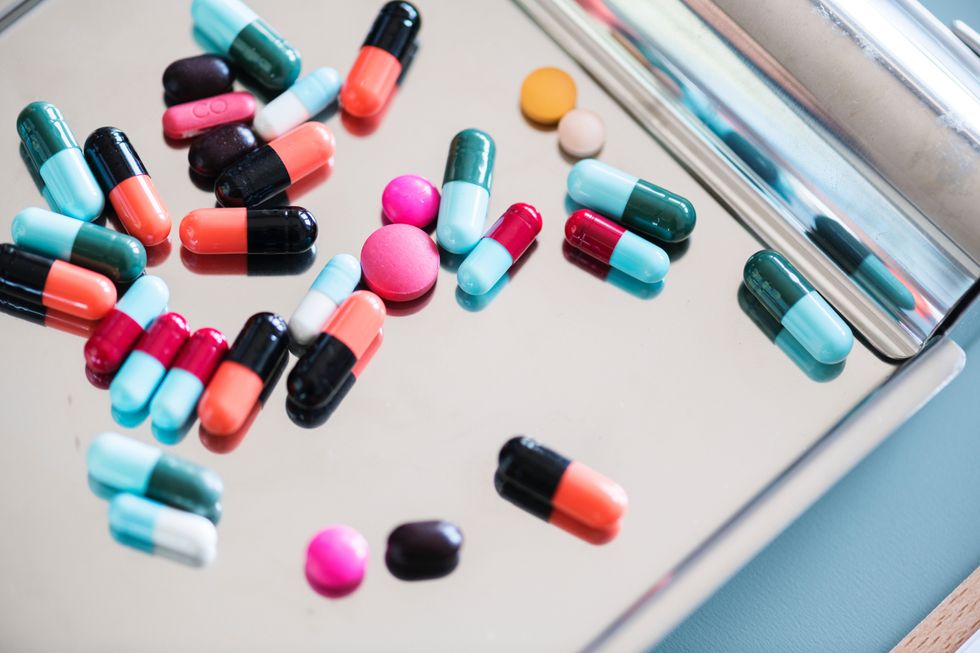It's a story many of us are familiar enough with. The second puberty struck me, I began my battle with acne. It was nothing serious — like most young girls, I would get the occasional offensive pimple every now and then and I would think it was the end of the world. I ran through a number of different over-the-counter face washes, which are all formulated to make your skin dependent on them (and irritate your acne further) so I never truly had clear skin.
Until I found the Clinique Acne Solutions kit. My skin was practically flawless for a couple of months until I had a horrible reaction and I suffered from cystic acne all over my face for the first (and thankfully last) time in my life. I was miserable and finally made an appointment with a dermatologist, which was what I should've done in the first place. I was placed on a cycle of different medications to control hormones and sent to the pharmacy to pick up Epiduo, a retinol that saved my skin. It took half a year but my skin was finally tamed and smoothing itself out to the point where I no longer had to worry about breakouts except for when my time of the month threw my hormones all out of whack.
Recently, my insurance refused to cover some of my medications, including Epiduo, with the refuting claim that an over-the-counter gel with one (yes, ONLY one) similar ingredient is now available. I've searched for this alternative medication for months and believe me, it's almost non-existent where I'm at. Furthermore, I've asked a dermatologist about this particular product and she didn't sugarcoat her words when she told me that it was basically useless and would do nothing for my skin compared to how Epiduo helped me.
Without insurance covering Epiduo, the retail cost skyrocketed from a measly $15 to almost upwards of $400. My jaw dropped when my pharmacist told me the price and I stupidly asked how that was even possible. He shrugged and told me it was just business. I went home, both anxious about how I would treat my skin and infuriated about how a system could just leave its clients empty-handed and scrambling.
I did a little research, and while what I learned wasn't really surprising, it definitely sickened me. Most of the insurance companies are in league with pharmaceutical companies, and not solely for the purpose of offering "discounts" on medication, but to promote largely ineffective "over-the-counter" alternatives. Let's take a product like Epiduo for example. While it might be sold for $400, it might've only taken $3 to actually produce. Insurance will cover this medication only with a prescription and only if they can't shove an "alternative" in your hands instead. You'll be given a discount and end up paying only $15 instead of the $400 —generous, but still an outrageous upcharge.
Now, let's say there's now an alternative. Chances are that buying this new product over the counter will cost you more than buying your original medication while it was covered by insurance, but it will be nowhere near the outrageous high retail amount they're asking you to pay. So you shell out $25 instead for a weaker, diluted version of the medication you actually need, feeding these companies with more profit and leaving you, the consumer, with the short end of the stick — all part of a large-scale robbery.
Instead of frantically searching for alternatives that would possibly worsen my skin, I've been using products that are all-natural or mostly natural to avoid bad reactions while I wait for a better option to roll around. Going all-natural has actually improved my skin significantly, and while I'm excited by the results I'm still hoping for my dermatologist to recommend another miracle cream to save my skin that my insurance could cover.










































